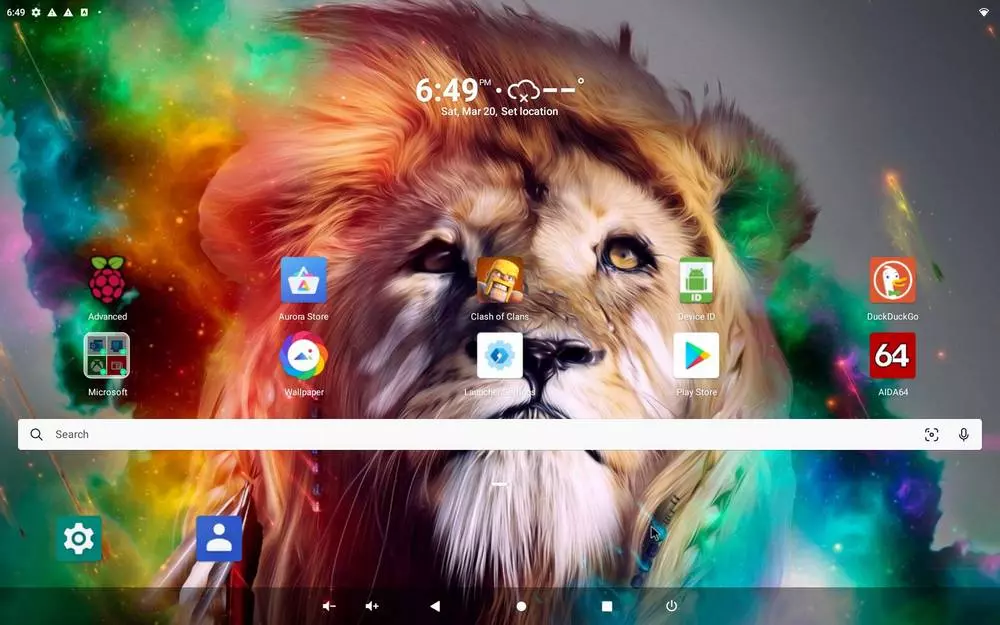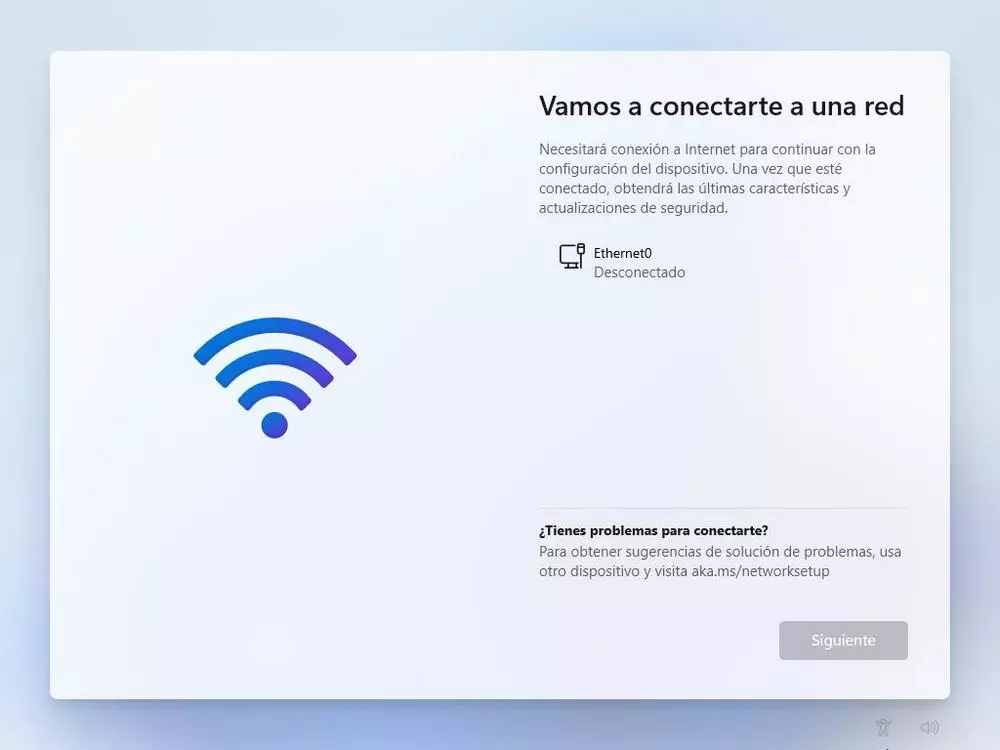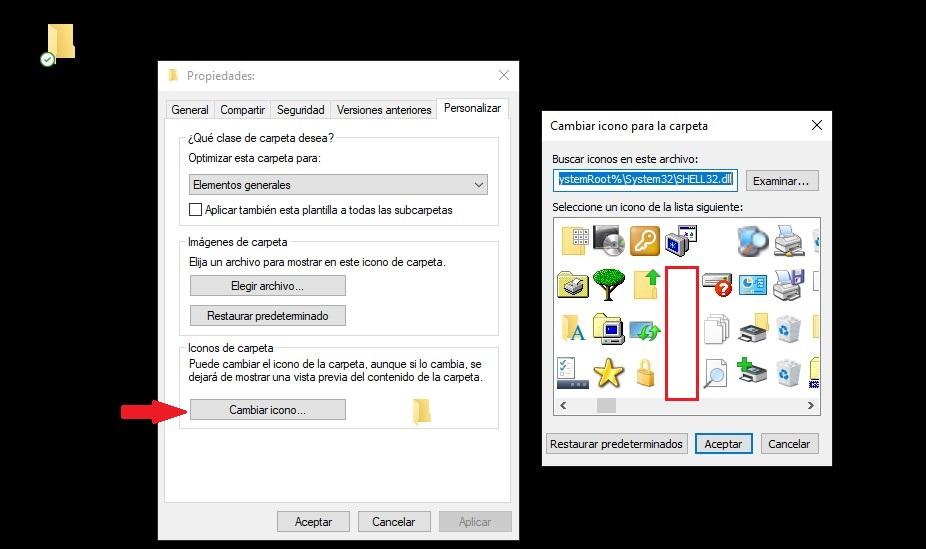
In the past, we carried our agenda in paper format with us in order to organize our personal and professional lives. However, for the majority these elements have been left behind and they use virtual calendars in the cloud, much more comfortable and useful. These programs and software platforms We use them daily to record all kinds of events.
But as is usual in most of the applications that we use both on our mobile phones and on our PCs, the arrival of viruses is never a tasteful dish. Next, we are going to talk about the so-called calendar viruses that are becoming more and more widespread. These malicious codes directly affect the organizational platforms that we are talking about, largely due to their widespread use. Hence, many are surprised the first time they find a calendar virus that affects your personal account.
What are calendar viruses
The first thing we should know is that on most occasions these specific types of malware that we are discussing affect the events that we have scheduled on our device. It is true that the first time we come across this type of malicious code, it can be surprising and even alarming. Actually, most of the time we are going to find spam messages and alerts that modify these events scheduled in our calendars.
Most users panic the first time they see the effects of a calendar virus. They are invented spam alerts for example in the form of promotions, warnings or scheduled events. To give you an idea of what we are telling you, in reality and despite its name, the calendar virus is not exactly a virus.
Here we are referring to fake invitations that bombard our phone through scheduled notifications that appear suddenly. As you can imagine, these notifications come from unauthorized subscriptions. Attackers broadcast these random events to gain access to our devices and manipulate our content here.
Specifically, these are events that come to our calendar with striking headlines, for example about malware infections, attacks or even contests with gifts.
What is the danger of this malware
For all this and as you can imagine these messages that will appear in our calendars in the form of spam, can be confusing. What’s more, unfortunately many people confuse them with legitimate notifications, which is precisely where the danger lies.
And it is that we must keep in mind that the alerts as such are harmless, so the best thing we can do is ignore them. The danger comes when we confuse them with legitimate notifications and click on the attached links. This is what actually triggers the attack and access to our device. Also, in order to trick more people, calendar viruses are becoming more convincing.
Not only that, but we must take into account that, by working in the cloud, these calendar viruses can spread to all our devices in which we use the same account. Obviously, calendar viruses aim to infect our device by clicking on their links or attachments. As the most effective solution, the first thing to do is to ignore the message that arrives on our calendar. At the same time, we should never click on the attached links and we will have to eliminate that event as soon as possible.



